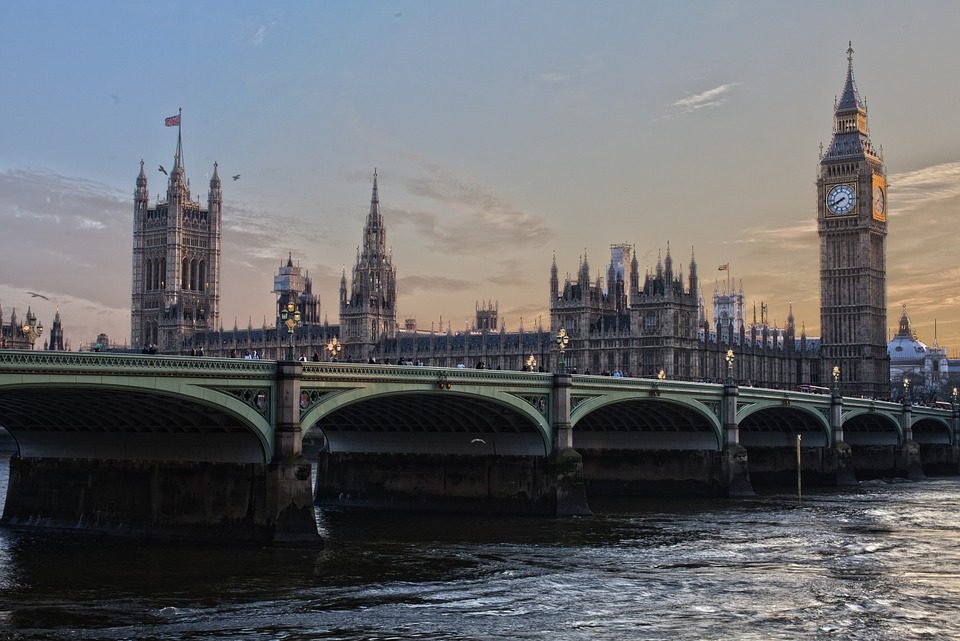The case for lowering the voting age to 16 in the UK would appear to have been strengthened by the resonance of young people in the Scottish referendum. But excitement over this issue masks a deeper problem. Young people are disengaged from politics for many reasons, few of which will be resolved simply by allowing them to tick a box at the polling booth.
During the Scottish referendum, 16 to 18-year-olds were enfranchised for the first time. They showed themselves to be highly engaged with the campaigns, making a positive contribution to the public debate about Scotland’s constitutional future. Scotland’s first minister, Alex Salmond, was so impressed, in fact, that he declared there was “not a shred of evidence for arguing that 16 and 17-year-olds should not be allowed to vote”.
And support for lowering the voting age extends beyond Scotland across the rest of the UK, with most political parties, youth organisations, and even some newspapers supporting the proposition. Ed Miliband restated at the Manchester party conference that a Labour government would introduce votes at 16 to allow us to “hear the voice of young people in our politics”. Only the Conservatives continue to oppose demands to lower the voting age.
But the growing momentum could make reasonable discussion on this issue difficult. It could end up being politically damaging for opponents of votes at 16 to seek to quell the democratic appetite of those young Scots who voted in the referendum and those elsewhere in the UK who looked on with envy.

We need to qualify the perception that lowering the voting age for the Scottish independence referendum was entirely positive. It would have been highly surprising, for a start, if young people had not been engaged in a referendum campaign that dominated Scottish public life so manifestly for over the previous two years.
What’s more, the often febrile and divisive nature of the debate may have actually schooled younger citizens in a form of binary politics that is deeply adversarial and reductive. Some young people may even have been discouraged from engaging in established forms of democratic politics.
Before we talk about lowering the voting age, we need to start offering young citizens more opportunities to acquire political knowledge, skills and experience. Citizenship education is a statutory subject only in England and Northern Ireland and provision across the UK is patchy and inconsistent. In Scotland, only a third of young Scots take a modern studies course covering history, politics and current affairs.
Young people rarely get experience of representative politics before they vote. School councils often lack influence and cuts to local authorities mean there are fewer youth councils to join. The Welsh Assembly recently cut funding for its national youth parliament, Funky Dragon. The UK government is instead channelling scarce resources into a National Citizen Service programme that does not seek to directly enhance political literacy or participation.
Youth as second-class citizens?
The potential for votes at 16 to make British political culture more youth-centric and youth-sensitive is also debatable. It may indeed redress some demographic imbalances in the electorate, but it is unlikely to have a dramatic effect on the attitudes and behaviour of most politicians or political parties towards younger voters.
Political parties instinctively understand and represent the interests of older voters and show little sign of changing. The average age of their elected representatives across the UK, from Westminster to local councils, is over 50. Yet no party has sought to introduce all-youth shortlists to increase the number of young people standing for election.
Young people are instead annexed to youth wings, where their policy interests are often compartmentalised or banished to the periphery. No other age groups are treated this way. Scant political capital is invested in addressing the specific interests of young people and the few youth-focused policies pursued are typically developed without consultation. It is not surprising young people have little connection with representative politics.
Proponents of votes at 16 argue that the voting age should match the age at which citizens get other adult rights. If 16 and 17-year-olds can join the army, get married or pay tax, then why shouldn’t they be able to vote? But these rights are not universally realised at the age of 16 and the age of responsibility is increasingly being delayed. The inverse problem is therefore also possible. We could start to see young people being able to vote before they can do other things. They could be free to vote at 16 but still need their parent’s permission to marry or join the armed forces. This would essentially introduce a two-tier citizenship, making young voters feel even more excluded.
Votes at 16 may well arrest the decline in electoral turnouts in the short term, but will not fix the problem of youth disengagement with politics. Parties need to do more to involve young people in the whole political process or they could actually encourage disconnection at an earlier age. Lowering the age of enfranchisement to 16 without discussing its wide-ranging implications could prove a dangerous rather than radical step.
This article was originally published on The Conversation. Read the original article.
![]()